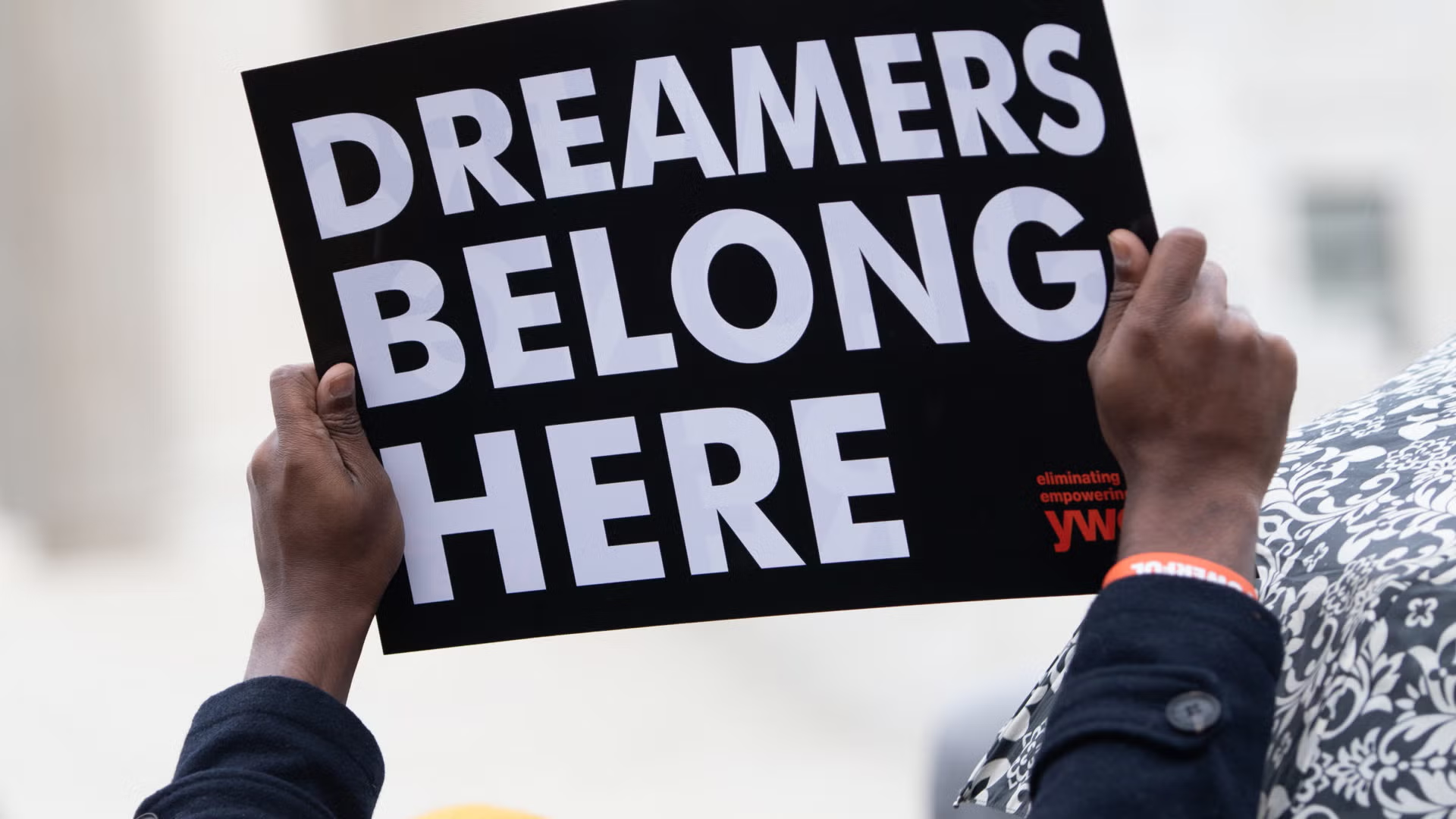DHS clarifies that DACA recipients may still face deportation
The U.S. government has recently altered its approach toward individuals protected under the Deferred Action for Childhood Arrivals (DACA) program, which was established in 2012 to offer temporary relief from deportation to those brought to the U.S. as children without legal authorization before 2007.
While the program remains in place, several federal agencies have implemented measures that affect its beneficiaries. These include limiting access to federal healthcare programs and reviewing university initiatives that provide financial support to DACA recipients. Additionally, immigrant rights groups have reported recent detentions involving DACA beneficiaries in various states.
Officials from the Department of Homeland Security (DHS) have emphasized that DACA does not confer legal status and that recipients may still be subject to deportation under specific legal circumstances, particularly if they are charged with crimes.
Temporary protections under scrutiny
No formal regulatory action has been taken to eliminate DACA. However, recent developments have raised alarm among recipients and advocates. Legal experts point out that while DACA offers temporary work permits and deferred action from deportation, protections can be revoked for reasons such as criminal offenses, including driving under the influence.
Isolated deportation incidents and arrests have heightened fears among the DACA population, even when individuals were later released or allowed to return. These events have led to renewed questions about the reliability and consistency of enforcement practices.
Broader implications and political backdrop
Public opinion polls consistently show that a majority of Americans support a legal pathway for DACA recipients. Still, the current administration’s tougher immigration stance and inconsistent messaging have left many uncertain about the future of the program.
Advocacy groups and DACA recipients themselves continue to call for legislative solutions that would provide long-term security to individuals who have grown up in the United States and identify it as their home.







